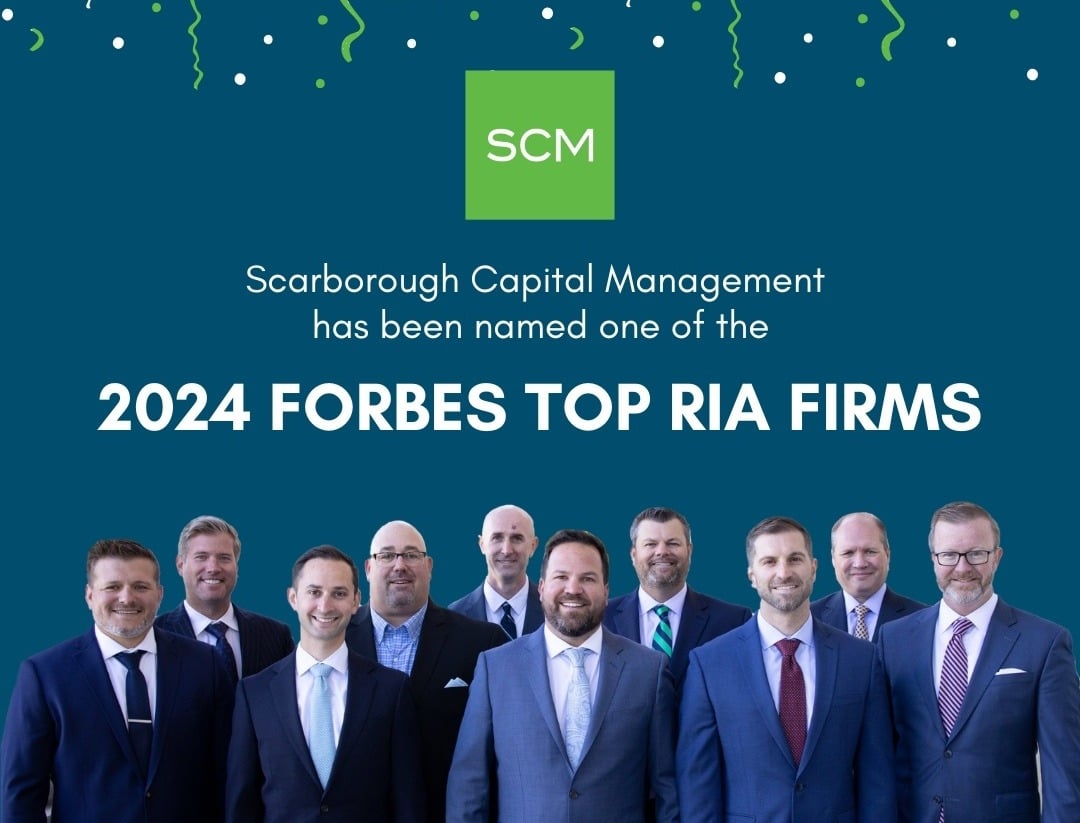

by David Sizemore
Born After 1980? Here’s Your 10-Point Guide to Investing
If you were born in the 1980s or ’90s, chances are you have a pretty busy life with mounting financial responsibilities. Maybe you have student loans, a mortgage, or possibly even young children to care for. While it may seem like decades away, saving for retirement is also something that should be getting as much attention today as driving your kids to soccer practice or a trip to the grocery store.
While you may know that putting money away for your future self is important, many people your age can’t help but wonder if they’re doing it correctly – or how to start in the first place. Below are 10 points to consider.
1. Don’t Miss Your Payments
It may seem tedious, but the time you spend on the front end here is going to pay for itself multiple times over down the road. With whatever system you use (spreadsheet, financial software, old-fashioned paper), make sure you track money going in and out, as well as your bills and loan payments, along with associated due dates. Pay on time and keep the late fees and interest at bay.
2. Put Together a Contingency Fund – This is Critical
Undoubtedly, you’ve heard about having some money set aside in the event of an unforeseen situation. This could be the loss of a job, medical expenses, or even a larger-than-expected car repair. Instead of putting these costs on a credit card (which could cost you hundreds or even thousands in interest), think ahead and put at least three to six months of expenses into this account.
3. Pay Off a Little Debt – And Let Your Confidence Grow
Paying off your smaller debts and loans first may help you stay more diligent in paying off the larger sums. The thinking goes this way: If you see progress in getting loans paid, no matter how small, it can give you the confidence to get the larger ones paid off sooner. It’s not the only way to pay down debt, but for some people, it works.
4. Look Into a Roth 401(k)
If you think your tax rate is going to be higher in your later years due to increased income and a higher tax bracket, a Roth 401(k) plan taxes your money as it’s going in, not as you withdraw. And unlike a typical 401(k) plan you don’t pay taxes on your investment earnings.
5. Invest in Stock, Even if the Market is Volatile
When the stock market shows signs of volatility, it doesn’t necessarily mean that it shouldn’t be an option at all. Keep a relatively balanced portfolio and adjust based on your risk tolerance.
6. Examine Your 401(k) Options When You Change Jobs
When you change jobs, you may be tempted to take a quick cash-out and go on a vacation or make a cosmetic improvement on your home. But beware. If you cash out, taxes and penalties will probably far outweigh the benefit of your purchase. Instead, you may want to leave your 401(k) where it is, roll it into your new employer’s plan, or roll it into an IRA account.
7. Do Your Research Before Purchasing a Home
Buying a house can be stressful, so make sure you have as much information on the process as possible to reduce your anxiety. Track interest rates, look at fluctuations in home prices in the areas you’re interested in and even consider if a new build would make sense. Buying a home is not like ordering something from Amazon. Once you sign, it’s much harder to return it.
8. Start Saving for Your Children’s Education Now
Even if your children are young, you’ll be sending them off to college before you know it! A 529 college savings plan can be a great way to get started, since it allows you to avoid paying federal taxes on contributions and withdrawals, as long as that money is used for educational expenses. You may even be eligible for a tax deduction, depending on the state you live in.
9. Buy Insurance Before You Need It
Make sure you discuss your situation with a financial advisor to sort out your insurance options and decide which are right for you. Term life (low cost, good coverage, but the policy will expire), universal life (lower coverage and more expensive than term, but allows for a cash component), and whole life (most expensive of the three, but provides coverage for your entire life) are three options to consider.
10. Give Back – This Doesn’t Have to Involve Dollars
Just because your paycheck may not allow you to give large donations doesn’t mean you can’t do something for your favorite charitable and social causes. By giving back your time instead of money, it can help you stay on budget, while also giving you a greater understanding and sense of contribution to the cause you’re helping.
Next Steps
Now that you have an idea of what to do, the next step is simply doing it. And if you need help, seek it out. At Scarborough Capital Management, this is exactly what we do. We can help you get on your way to saving for retirement, no matter where you live, and for a convenient monthly fee.
• We’re personal: Your advisor helps you develop your personalized strategy for saving.
• We help you save more: Our clients contribute 4 percent more, on average than typical 401(k) savers.
• We help you keep your money where it is: You can get advice from us without having to move money out of your existing 401(k), and changes can be made using the tools that your employer has already provided.
• We’re thorough: We don’t just look at your income. We look at your hopes, goals, and risk tolerance, then develop a personalized investment strategy. We consistently review your goals and risk tolerance, contact you to discuss your plan rebalance your portfolio if needed, and provide unlimited access to your advisor.
If this sounds good to you, check out our website or contact us to schedule a free review.
The opinions voiced on this blog are for general informational purposes only and are not intended to provide or be a substitute for specific professional financial, tax or legal advice or recommendations for any individuals.
Before investing in a 529 plan, you should inquire about the particular plan, its fees and expenses. You should also consider that certain states offer tax benefits and fee savings to in-state residents. Please consult your tax advisor regarding the state and federal consequences of the investment.
Scarborough Capital Management is not affiliated with the US Government or any governmental agency. As such, this content was not approved, endorsed, or authorized by the US Government and/or any governmental agency.
Go to www.ssa.gov for more information about the United States Social Security Administration.
Securities through Independent Financial Group, LLC (IFG), a registered broker-dealer. Member FINRA/SIPC. Advisory services offered through Scarborough Capital Management, a registered investment advisor. IFG and Scarborough Capital Management are unaffiliated entities.







